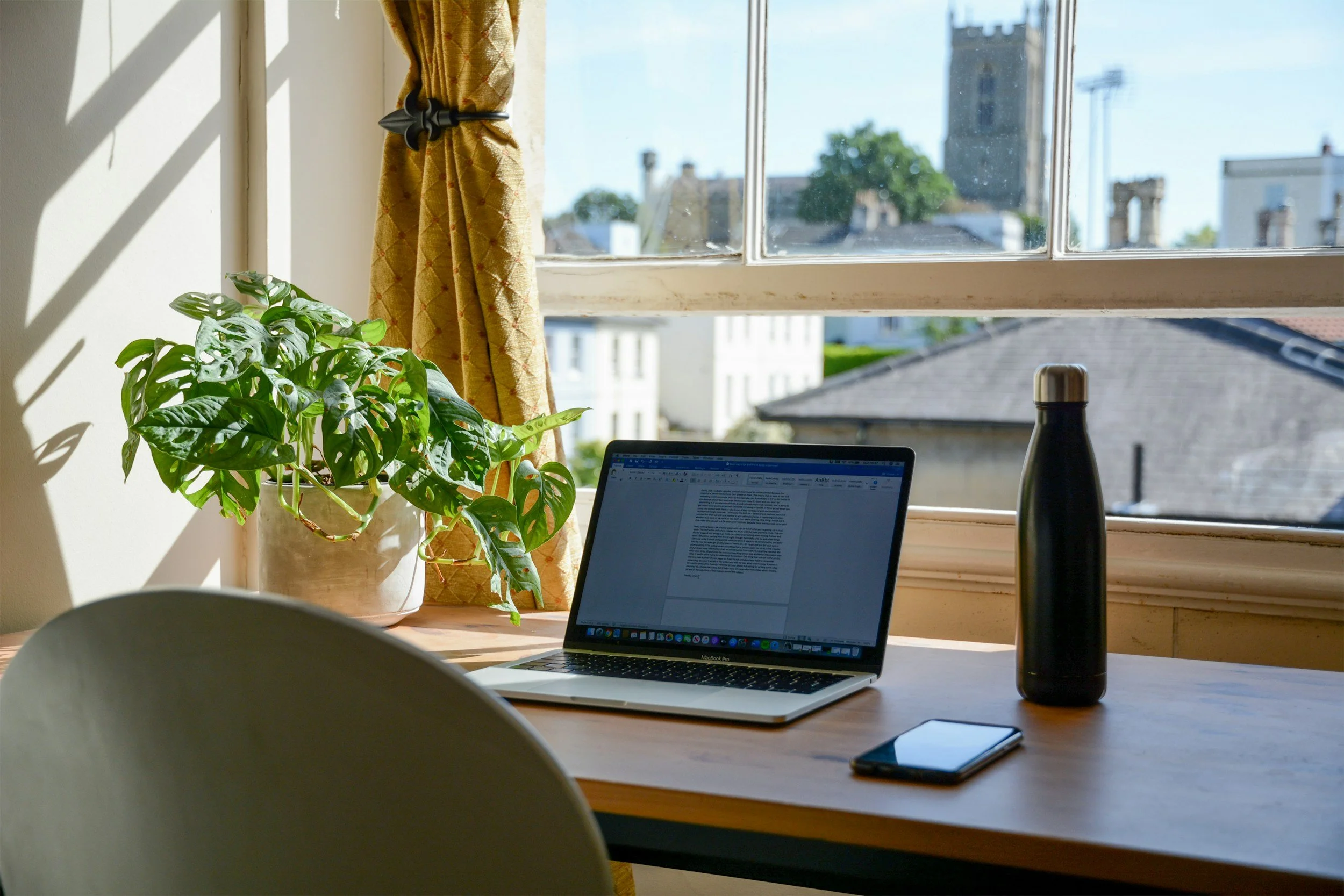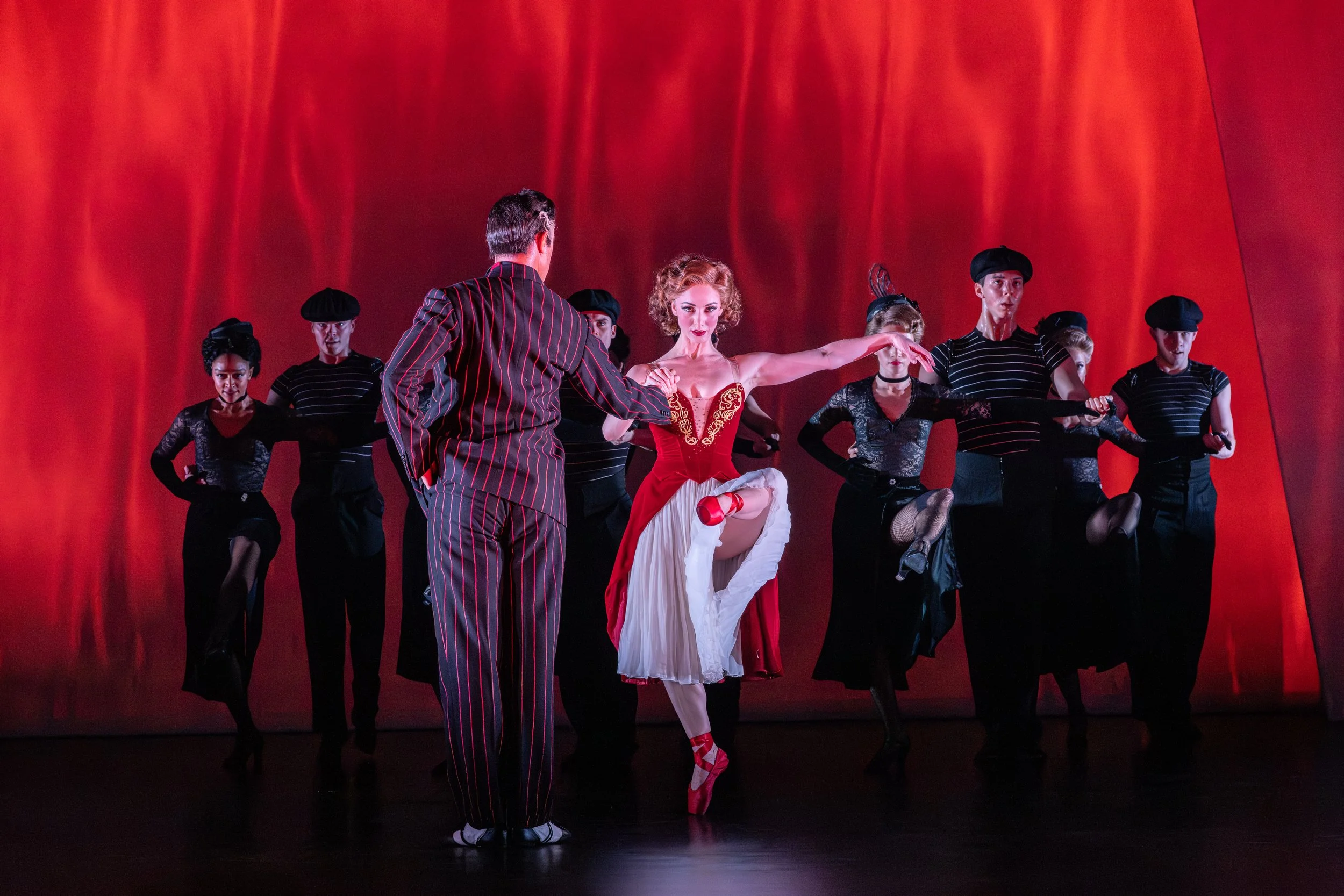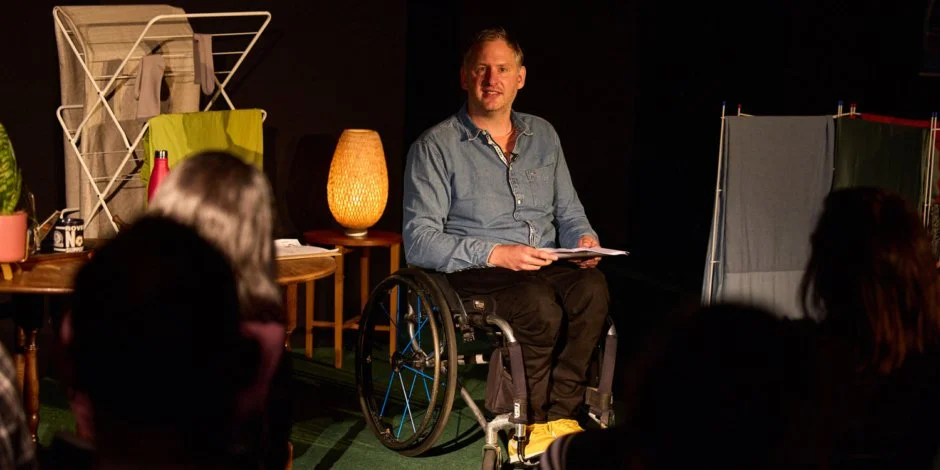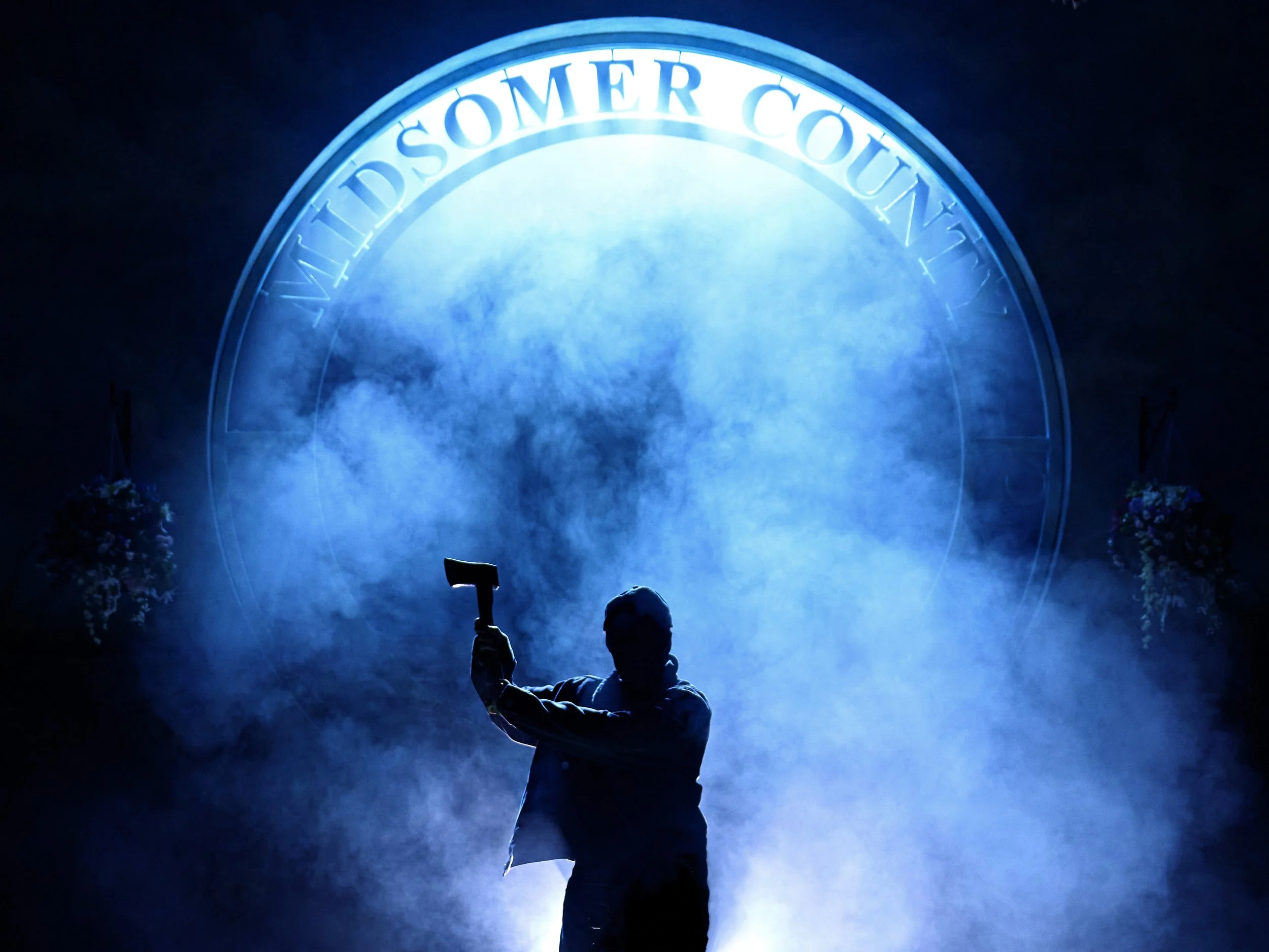How to Get Started in the Creative Industry: Theatre Criticism - It’s Still Going Strong
A single review can make or break a career, a person’s dream. A theatre critic holds great power, and so, like Spider-Man, this comes with great responsibility. Have you ever watched a show and thought that your own interpretation should be written down? Do you think your opinion is worthy of a stranger’s read?
Two women who have made a career of scribbling down their opinions, sat in the shadows at the back of the theatre, are The Stage’s Natasha Tripney and Lyn Gardner. I had the chance to chat to both of them about what it means to be a theatre critic today.
So Natasha, how did you get started in theatre criticism?
By doing it. While I was at university, I wrote for the student paper. Then I wrote for various arts websites, often for free. I interned. I exploited every cheap ticket scheme to see as much theatre as I could. None of which would have been possible had I been paying rent at the time, but I was fortunate to be able to stay at home. I worked various day jobs and wrote at night. There was a thriving theatre blogging culture around at that time, so I started one myself, called Interval Drinks. Criticism is a craft.
What do you think makes theatre criticism unique to reviewing TV or film?
Unlike TV and film, you’re reviewing a live medium and there’s a pressure to file quickly. On opening night, there’s a need to turn a review around quickly, sometimes by midnight. This is unarguably exhilarating – you have to go with your gut - but it doesn’t allow much time for reflection. That said, trying to pin down the elusive magic of a live event is one of the pleasures of the job.
What are the biggest challenges you’ve faced as a critic?
There was a daunting clubby feel to theatre criticism when I started out. There was also no career map. Figuring out the rules took time. Things have changed but they could stand to change more. There's also the fact that many newspapers have cut critics' jobs over recent years, as well as reducing the space for arts coverage. I’m fortunate in that I have a staff job now but finding ways to make it sustainable was always a challenge, and that was before the devastating events of this year.
Thanks for that Natasha. Lyn, what do critics like yourself offer to artists?
I think the relationships between artists and the people who write about theatre is not, and never should be, a confrontational one. It’s a symbiotic one. Critics can identify and often amplify trends and movements that are going on. We can make connections between pieces of work from all over the UK. Critics can help move a culture on. Not maybe directly themselves, but through how they spot and notice what artists are doing. There is a danger that we can act as gatekeepers, and try and stop the most innovative work coming through. But at our best we act as midwives. That’s how I’ve always thought of myself being.
That’s a great way to describe it. So what advice would you give to someone wanting to start a career in criticism?
Just go for it. The wonderful thing at the moment is that you no longer have to wait to be given a platform in order to write criticism. Anyone can set up their own blog and have their own platform. Remember that a review doesn’t have to follow the ‘conventional’ format. It can be anything: a stream of consciousness, a haiku, even a 240 character tweet. The review takes many forms. More people from different backgrounds writing about theatre and having a more diverse pool of critics is a good thing for theatre.
That leads us nicely onto the last question. What do you think is the future of theatre criticism? You alluded to it there. It’s much more accessible now to go and make that platform for yourself.
Yeah, I think that’s true. Twenty years ago I might well have described myself as being a dodo on the edge of extinction. The amount of coverage that theatre got in broadsheet newspapers was diminishing. The word count was getting shorter and shorter. Then the internet came along: the possibility that anybody could have a platform. That has broadened and changed the conversation around theatre. So as long as theatre is made, there will be people writing about it in a critical, supportive and interrogative way.
I guess that can also be said for theatre that doesn’t necessarily take on the conventional form. Now, lots of things are online and taking different forms which, of course, you can still critique.
Absolutely. When people ask “Is that theatre?” (which has been asked about a lot of the digital content that has been released), I say that that’s not a particularly interesting question. The interesting question is, “What is it that theatre can be?”. We need to think the same about criticism. It’s not “is a haiku or a stream of consciousness criticism?”. But “what is it that criticism can be?”. When theatre itself and criticism walk hand in hand, thinking about those things, it’s a very fruitful relationship.
Some great advice from two highly successful women in this particular field. As Lyn pointed out, if theatre can take on new forms, then criticism will continue to be written. There’s nothing stopping you making yourself that platform. Offer your constructive creativity to the industry and be the midwife that moves our culture forwards.
Help us keep the City Girl Network running by supporting us via Patreon for the price of a cheap cup of coffee- just £2 a month. For £3 a month you can also get yourself a Patreon exclusive 10% off any of our ticketed events! You can also support us by following us on Instagram, and by joining our City Girl Network (city wide!) Facebook group.
Written by Annabel Chadwick













